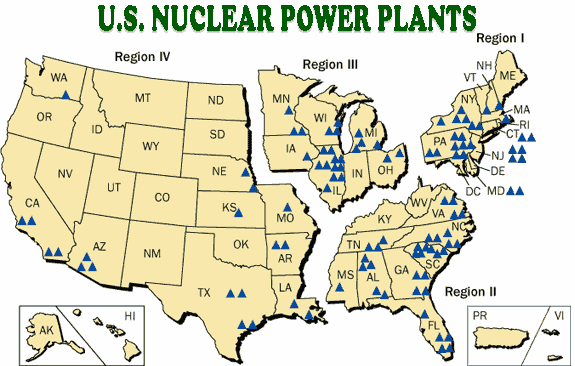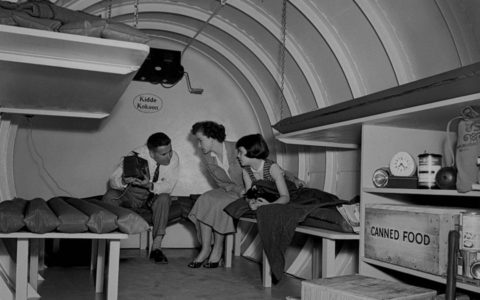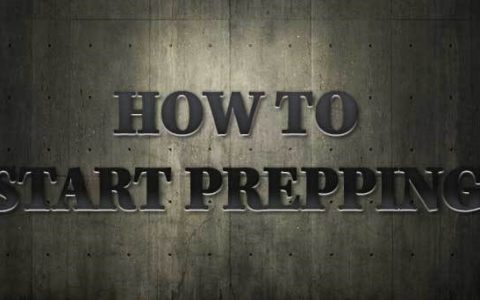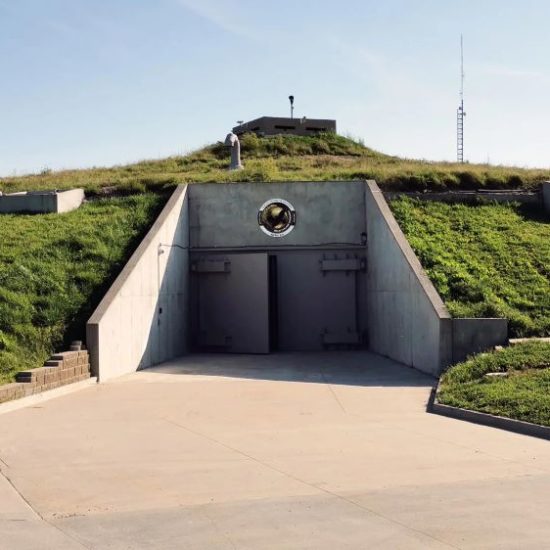
The electromagnetic pulse has become one of the great supervillains of our day, and understandably so, whether released from the atmosphere or generated from a high-altitude nuclear explosion. Such weapons will change the game as a whole.
Imagine a world forced into self-reliance, near-total convenience, and dependence. If almost 100% of electronics had stopped working, others may have adapted. Others will dive into a pit of desperation. Many experts paint horrifying portrayals of this situation that are unfolding here in America.
There are places we go in our daily, comfortable lives which seem secure. The same areas may become coffins in the event of an EMP. I want to think about some of those places, and why they are so dangerous.
In some of these situations, you’ll see you should take measures to help with your survival. You can just be out of time, in certain cases.
HOSPITAL ICU
With monitors, breathing tubes, and the many other accouterments that would be in place to keep you alive the most terrifying place to be when an EMP strikes would be in the intensive care unit. For most this would be an area of recovery for those injured or healing after surgery.
Your access to medicine and treatment would go down significantly because the hospital would be plunged into chaos. Emergency evacuations would take place, as would a whole host of calamities. It would be easy to neglect the patients.
Depending on the situation, you can die right away but without oxygen or anything else that keeps you alive you’d suffer for those seconds. The reality could be even more frightening if you were better off than those around you. As you’d just hover over death before you’d been identified. If they discovered you.
IN A CROWDED SUBWAY
The subway’s calamity is too much to tackle on a good day! The subway cars are electrically driven as are the doors and lights.
There would be hundreds if not thousands of people on those cars. We will be packed in like sardines and a huge amount of fear will ensue when the car stops and the lights go out. Citizens would push and shove, and the trampling and smashing would likely cause a few casualties.
Stay close to exits when you take your seat in the subway and make sure you understand how to use them. This gives you first dibs at the exit. Use your EDC phone or flashlight to shed light on the situation too. That’d ease the tension.
ON A BOAT IN THE OCEAN
There are somewhere between 12 and 13 million registered boats in the nation. For many, this is the best possible version of relaxation. Whether it’s heading down river or out passed the continental shelf, boating can be a tremendously rewarding experience. Though these machines run on the same kind of electronics as anything else.
During an EMP attack, boats or any other form of electronics may be made inoperable. Just imagine when you were 10s of miles off the east coast for a second. You will immediately be exposed to the ebb and flow of the tides. Your strong boat has no masts and sails to return you to the home country’s sandy shores.
But no question, right? It would be the coast guard out to save you, wouldn’t they? Even though their vessels were inoperable, too. Depending on the ocean’s path you could be stuck for days, weeks, or even months. You may have a small survival kit on your boat but for weeks under the searing sun, how do you get clean water and food. How about a stormy ocean’s battering waves?
You would have to fish for food and create some sort of still in order to remove the salt from your water. If you had the right materials aboard, building a solar could still work.
IN ANY KIND OF AIRCRAFT
You are going down. Plain and simple. The Americans always fly. The tragedy would happen if anything like this were happening during the day or night at any time. An approximate 4,000 commercial flights are open in the sky at any time. This does not include in-air private or military flights. When those planes drop, it would be like a nationwide bombing campaign. Some plains have protective levels against solar EMPs.
If you were on one, remaining calm and following the instructions of others more experienced than you would be your best bet. The shock of the accident will kill you in most situations, so it could be safer. You wouldn’t want to be buried under debris or stuck and burned alive by jet fuel.
Read the security manuals provided when boarding a craft, and take note of the different exits. If you do survive a crash, these could become your only way out.
NEAR A NUCLEAR POWER PLANT
Per the energy information administration:
There are 61 commercially operating nuclear power plants with 99 nuclear reactors in 30 states in the United States.
We all witnessed the very real consequences of nuclear power in the Fukushima reactor disaster. We are ill-equipped to handle a disaster of this magnitude. In fact, we are ill-equipped to handle a disaster at all when it comes to nuclear power. How do we cool 99 reactors when we failed to cool one using the OCEAN?!
Or take a look at the map of US Nuclear Power Plants:
If you are living or staying in close proximity to a nuclear power plant be sure to get as far away as possible in the event of an EMP attack. How would you know? Glad you asked. This link: Nuclear Power Plants will tell you the location of all the power plants in your proximity. You just need to click on your state.
It’s difficult to imagine a version of the world like the one you’d see following an EMP. It will be left empty and deserted. The surviving souls who wandered through this partially incinerated and partially radiated landscape would be in a desperate struggle for survival.






















